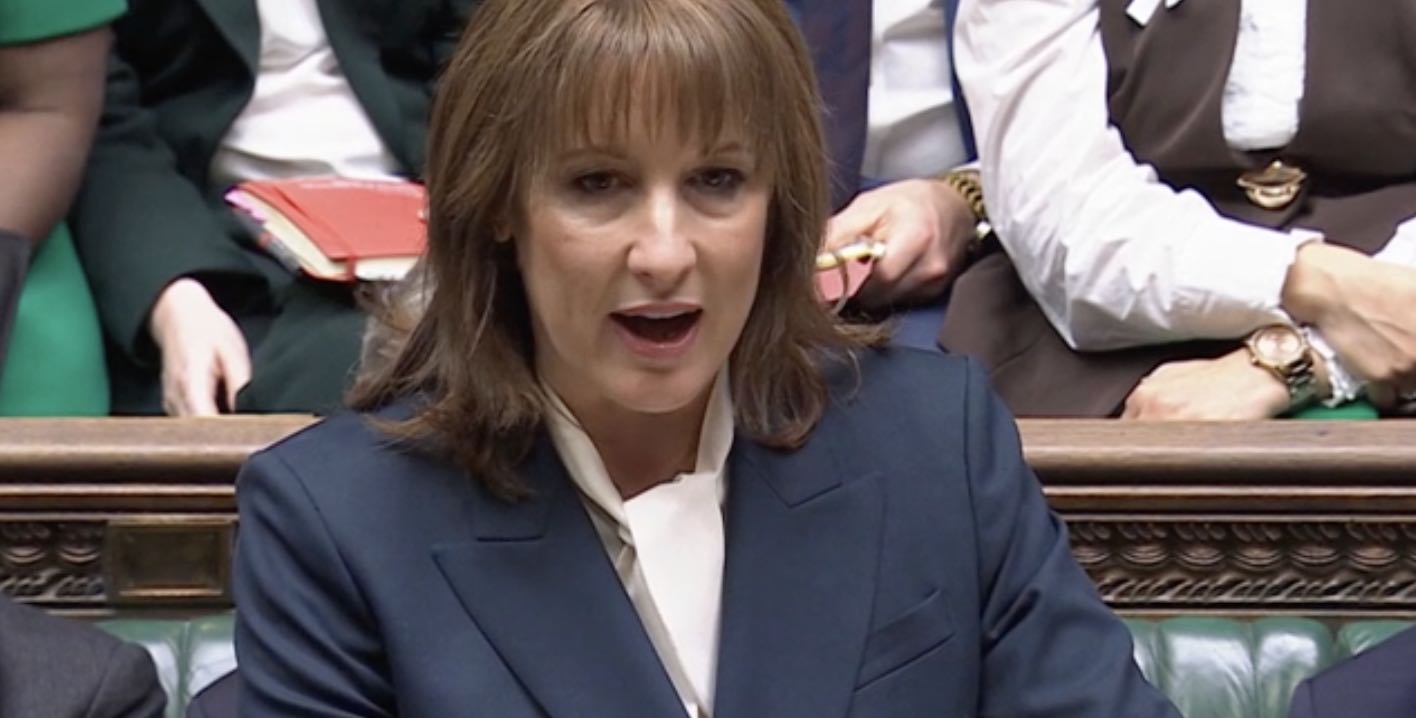
Rachel Reeves, Chancellor of the Exchequer
Rachel Reeves announced a stamp duty holiday on UK initial public offerings (IPOs) in today’s Budget.
The change will mean exempt securities of a company whose shares are newly listed on a UK regulated market from the 0.5% Stamp Duty Reserve Tax (SDRT).
The exemption will apply for a three-year period from the listing of the company’s shares.
The Treasury said: “The performance of shares in the first few years following an Initial Public Offering are important for a company’s long term growth prospects. Providing an exemption from SDRT for the first three years following a new listing will therefore support those companies by helping to secure higher initial valuations and liquidity by encouraging the trading of their shares in the secondary market.”
It said the measure will also help provide an incentive for UK and foreign companies to list in the UK, including boosting UK attractiveness as a dual listing destination for global companies.
Abby Glennie, deputy head of smaller companies at Aberdeen Investments, said: “We welcome the Chancellor's decision to remove stamp duty on UK IPOs. However, this is not going to be a game-changer for investment into UK shares. Investors take part in IPOs for multiple reasons, including views on market direction, pricing of the shares at IPO, and views on the company's overall prospects going forward. Stamp duty is a very small consideration in the context of these outcomes.
“We believe the Chancellor should have gone further and removed all stamp duty on UK shares, so investors in the UK aren't disadvantaged when investing domestically compared to overseas. This would provide the biggest boost in getting the UK investing and providing a vote of confidence in UK plc.”
Richard Stone, chief executive of the Association of Investment Companies (AIC), said: “This is a welcome baby step towards reviving UK listings, but it must be part of a broader plan to phase this tax out altogether. The Chancellor should have been bolder in this first step and abolished it permanently on shares of investment trusts as well.
“Investment trusts already pay stamp duty when they invest in UK shares, so charging it to their investors is a form of double taxation that should be stopped. In addition, stamp duty is charged on investment trust shares when there is no levy on the units of open-ended funds. Taxation should not create competitive advantages or disadvantages in this way.”
He said abolishing stamp duty on investment trusts would level the playing field and remove the bias in favour of overseas equities which discourages investment in the London market.